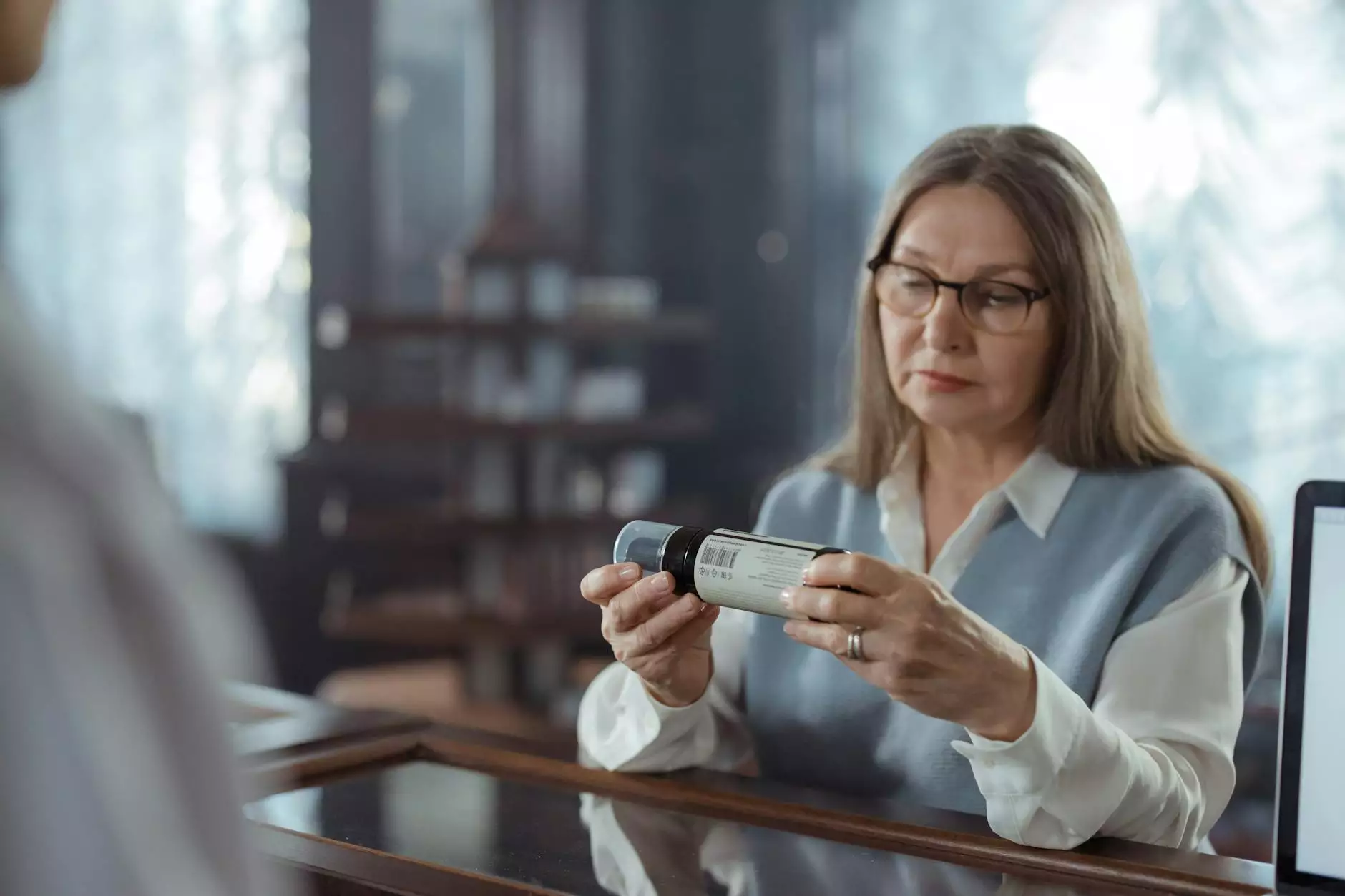Unlocking the Potential of Phlebotomy Jobs

In today's healthcare landscape, phlebotomy jobs offer an incredible opportunity for individuals seeking a fulfilling career. As the demand for healthcare services continues to grow, phlebotomy, which involves drawing blood for tests, transfusions, donations, or research, has become an integral part of patient care. This article delves deeply into the world of phlebotomy, outlining the path to becoming a phlebotomist, essential skills needed, career prospects, and tips for excelling in this rewarding field.
What is Phlebotomy?
Phlebotomy is the practice of collecting blood samples from patients. These samples are crucial for various diagnostic tests, contributing significantly to effective treatment plans. Phlebotomists are trained professionals who perform this delicate process with precision and care. They play a vital role in healthcare settings, including hospitals, clinics, laboratories, and blood donation centers.
The Path to Becoming a Phlebotomist
Starting a career in phlebotomy begins with understanding the educational and training requirements. Here is a detailed guide to navigating this path:
1. Educational Requirements
To become a phlebotomist, a high school diploma or GED is typically required. Following this, aspiring phlebotomists can choose from various educational paths:
- Phlebotomy Training Programs: Many community colleges and vocational schools offer certificate programs solely focused on phlebotomy.
- Associate Degrees: Some choose to pursue an associate degree in medical assisting or a related field, which includes phlebotomy training.
2. Certification
While certification is not always mandatory, it greatly enhances a candidate's employability. Several certifying organizations provide credentials, such as:
- The American Society for Clinical Pathology (ASCP)
- The National Phlebotomy Association (NPA)
- The American Medical Technologists (AMT)
Certification usually requires passing an exam and completing a certain number of blood draws, ensuring that the phlebotomist is well-equipped for the job.
3. Clinical Experience
Most phlebotomy programs include practical training components, where students gain hands-on experience under supervision. This clinical experience is invaluable, helping aspiring phlebotomists to enhance their skills and confidence in real-world settings.
Key Skills Required for Phlebotomy Jobs
Success in phlebotomy jobs relies not only on technical knowledge but also on a variety of essential soft skills. Here are some key skills that every phlebotomist should possess:
- Attention to Detail: Accuracy is crucial in phlebotomy. Phlebotomists must follow protocols meticulously to ensure samples are collected correctly.
- Communication Skills: Interacting with patients compassionately and clearly, especially when explaining procedures, is vital.
- Customer Service: Phlebotomists often work in environments where patient comfort is crucial, requiring strong customer service skills.
- Physical Stamina: The job can be physically demanding, necessitating good physical health and stamina.
- Problem-Solving Skills: Efficiently handling unexpected situations, such as difficult draws, is essential for a successful phlebotomist.
The Job Landscape for Phlebotomists
With the growing emphasis on healthcare and diagnostic testing, the job outlook for phlebotomists remains robust. According to the U.S. Bureau of Labor Statistics, employment for phlebotomists is expected to grow significantly over the next decade. Major factors driving this demand include:
- The aging population requiring more medical tests.
- Increased awareness and participation in blood donation drives.
- Advancements in medical technology leading to more frequent testing.
Advancements and Specializations in Phlebotomy
Phlebotomy is not just a dead-end career. There are multiple pathways for advancement in the field:
1. Specialization
Phlebotomists can choose to specialize in areas such as:
- Pediatric Phlebotomy: Working specifically with children requires unique skills and training.
- Geriatric Phlebotomy: Focused on the elderly population, this specialization often involves different techniques and considerations.
- Mobile Phlebotomy: Offering services at patients' homes can be a lucrative career option.
2. Leadership Roles
Experienced phlebotomists can take on leadership roles as supervisors or trainers, helping to educate and guide new professionals in the field.
Job Opportunities and Salary Expectations
The salary of a phlebotomist varies based on location, experience, and the type of facility. On average, phlebotomists can expect to earn:
- Entry-Level Positions: Approximately $28,000 to $35,000 per year.
- Experienced Phlebotomists: Those with several years of experience might earn between $35,000 to $50,000 annually.
- Specialized Roles: Phlebotomists in specialized positions or leadership roles can earn upwards of $60,000 annually.
Tips for Excelling in Phlebotomy Jobs
To ensure success in a phlebotomy career, consider the following tips:
1. Continual Learning
Stay updated with the latest practices in phlebotomy and healthcare advancements. Consider enrolling in continuing education programs or attending workshops and seminars.
2. Networking
Join professional organizations such as the American Society for Clinical Pathology (ASCP) to connect with fellow phlebotomists and gain access to resources and job openings.
3. Practice Self-Care
The job can be emotionally and physically taxing. Taking care of your health and well-being is crucial for sustained success in this field.
Job4U: Your Resource for Phlebotomy Jobs and Career Advancement
If you are searching for exciting opportunities in the field of phlebotomy, Job4U (job4u.ae) is your go-to resource. With a dedicated section for healthcare professionals, including phlebotomy jobs, we connect employers with qualified candidates, providing a platform where your skills and dedication can shine.
Our commitment to supporting your career through resources, job postings in Financial Services, Business Consulting, and Employment Agencies, showcases our dedication to helping you find the right position in today's competitive job market. Join us and discover a world of opportunities available in the healthcare sector.
Conclusion
In summary, phlebotomy jobs present a chance for individuals to embark on a rewarding and meaningful career path, providing valuable services in healthcare. With the right education, skills, and a passion for helping others, you can thrive in this essential role. Whether you're starting your journey or looking to advance, the opportunities in phlebotomy are vast and varied. Take the next step towards your career today!









